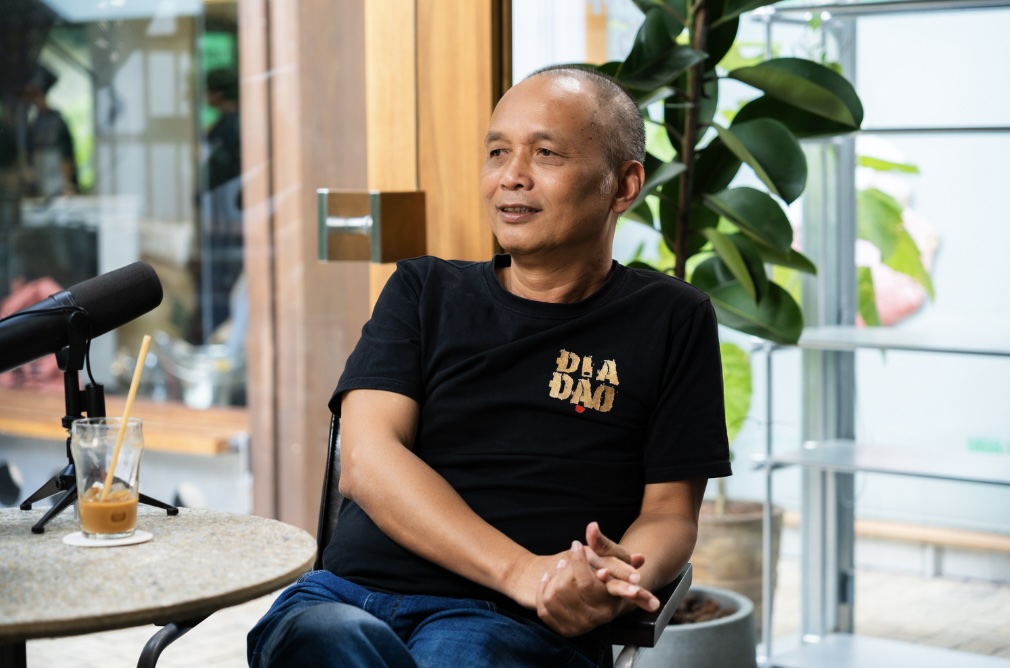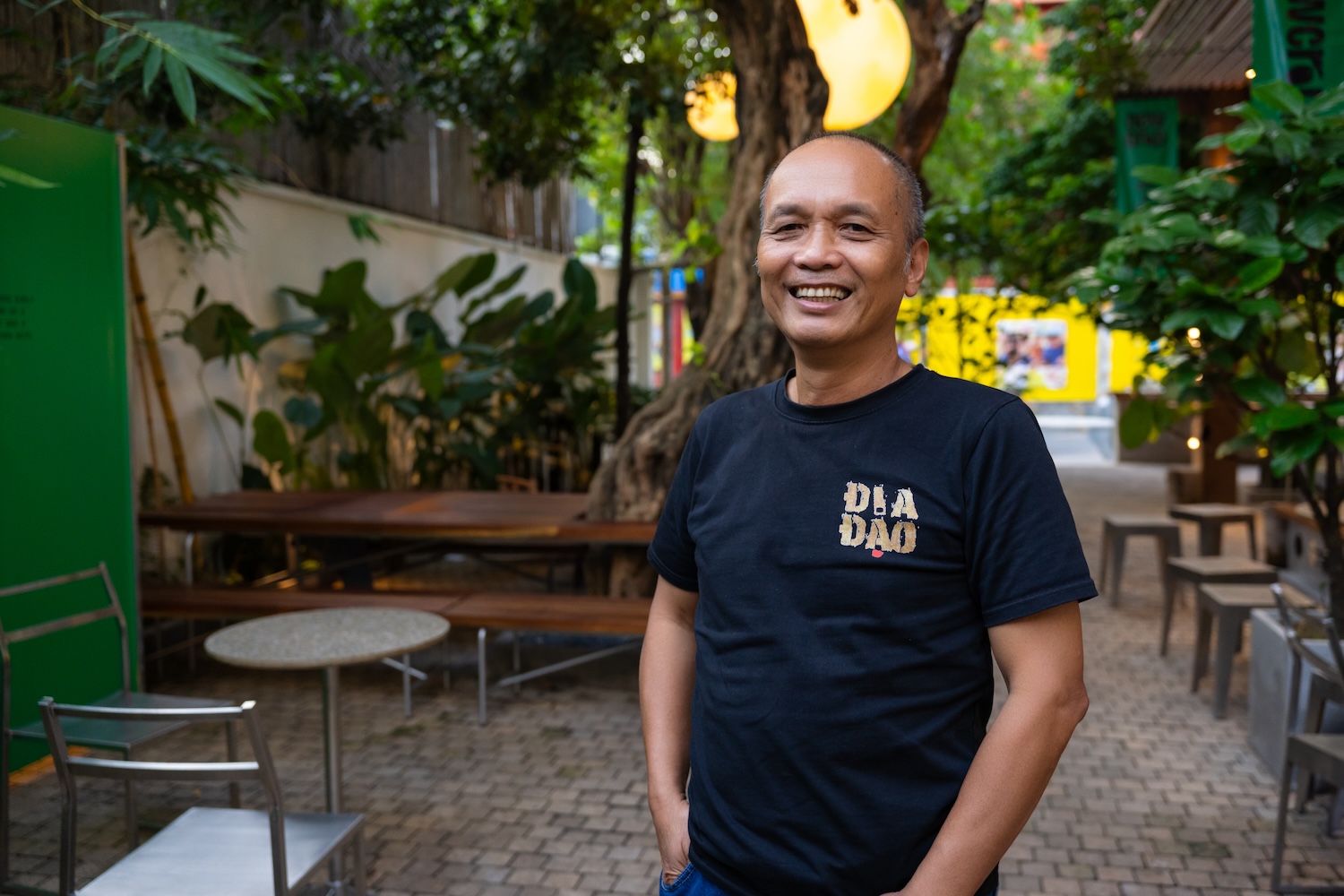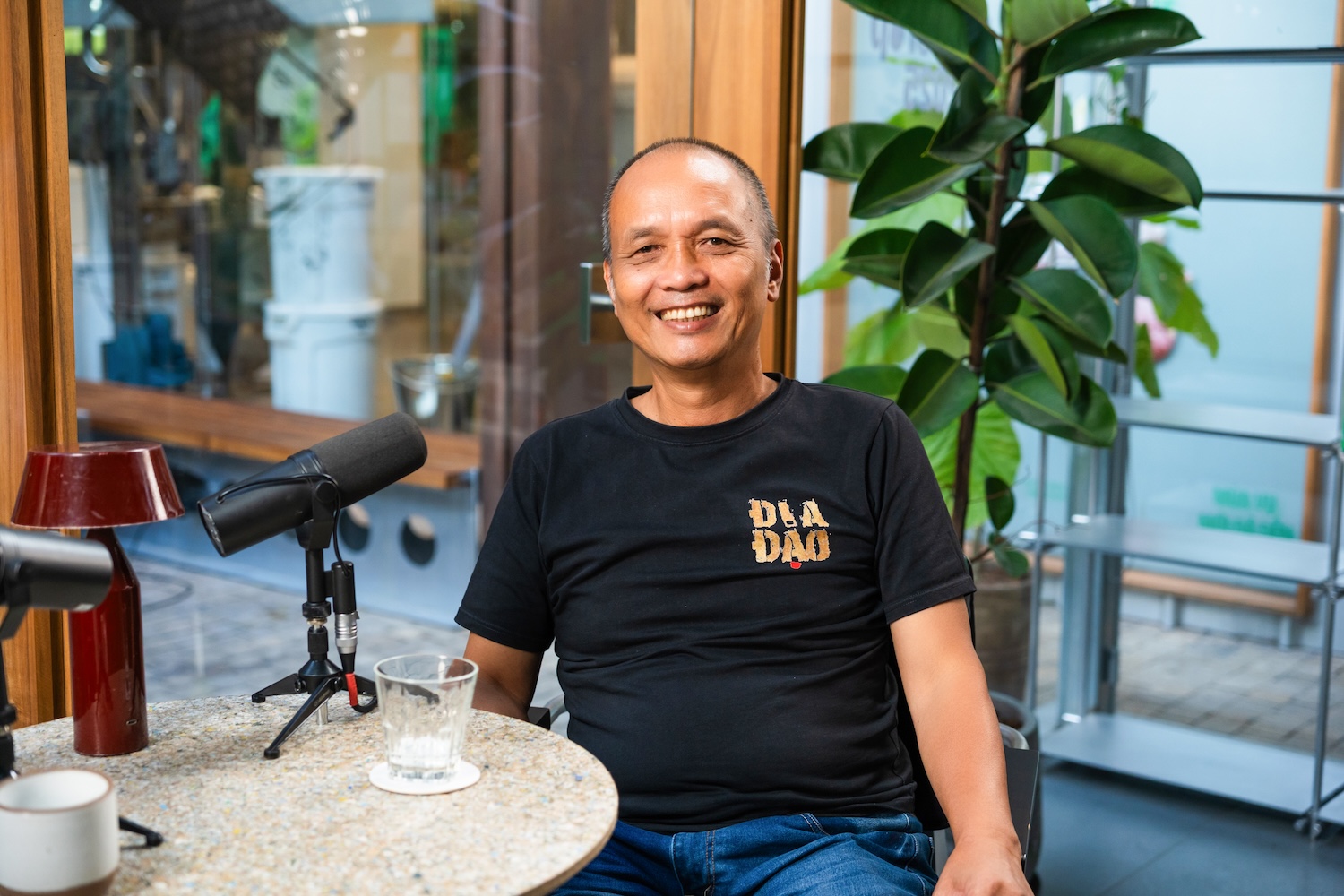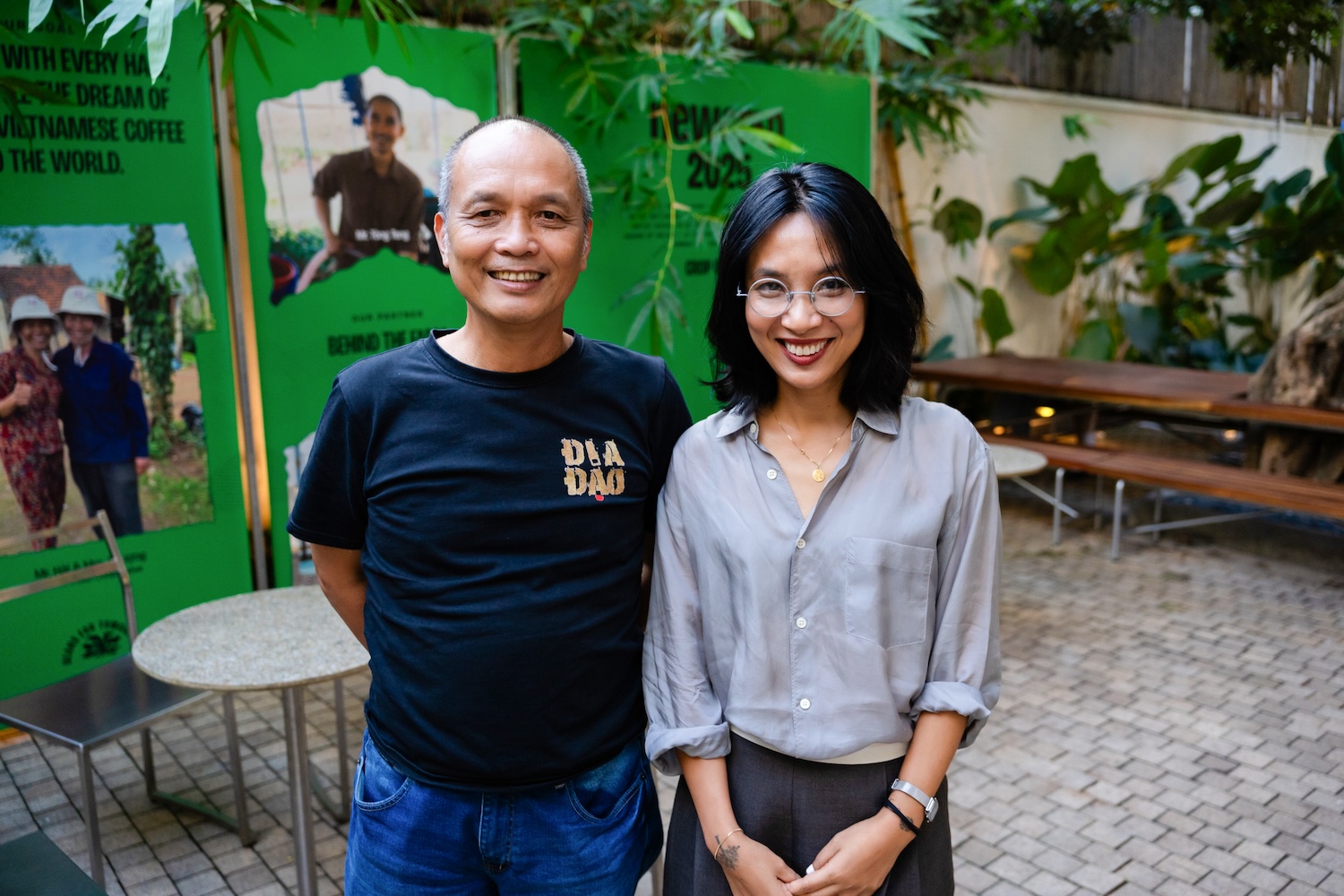At 63, Nguyễn Thành Nam, Vice Chairman of FPT University, still exudes youthful energy and a quick wit. He founded the online education platform FUNiX, served as FPT’s CEO, and has authored two books on entrepreneurship and software. To many young Vietnamese, he’s a mentor known for his sharp, sometimes unconventional take on life and business.
In conversation, his simple yet layered thoughts often touch on youth, national identity, and the journey of building a business. He believes that to go far, one must first understand oneself and one's roots.
How do you see young entrepreneurs today compared to earlier generations?
Very different. My generation saw going global, like working with foreign investors, as a big step forward. But young people today often start with a global mindset. Many feel the local market is already too competitive, so they aim beyond it, to go global from day one.
And that’s a great thing. In the era of the internet and tech, geographical borders have become much less relevant. Young professionals do not have to limit themselves to a country. If you’ve identified a problem, chances are others elsewhere face it too. That’s the advantage of youth today: they’re bold, fast-moving, and willing to take risks.
Sometimes, young business founders come to me all worried and overwhelmed because their startup suddenly made a lot of money! With growth comes responsibility. Running a business is much like raising a child; as your business grows, you must grow alongside it. It’s not just about generating revenue —you need knowledge, experience, and a long-term commitment.

You’ve written two books and are working on a third. What inspired you?
Writing is not easy. It’s just like coding—you need technical skill and systemic thinking. Luckily, I’ve always had a habit of journaling.
People ask me how I remember things from decades ago. The truth is, I don’t; I had to write it all down. We forget things easily, especially over time. But if you jot them down, you can revisit the real version and not a distorted memory. That’s especially important in business, where a misremembered story can easily become misinformation passed on.
I also notice that in Vietnam, businesses grow fast, and we’re full of creativity and drive. But we lack continuity. My generation had to start from scratch—most of our parents were public servants or teachers, with little business experience to pass down.
So I’ve been thinking: how can our generation pass something on to the next? Words of mouth are easy to forget, but writing pushes for clarity. It is how we preserve collective memory for the next generation.
Today’s young people fear “stillness,” especially in a fast-moving world. What’s your take on this?
First, you need to ask yourself: are you choosing to pause, or are you stuck in it? If you pause like an archer holding their breath to shoot accurately, then it is necessary.
Our Former President, Hồ Chí Minh, dedicated 8 years to traveling, learning, and preparing in silence. When he eventually took action, it transformed a nation. Great things cannot be rushed; the farther you want an arrow to go, the longer you must pull back the string.

What concerns me is not the stillness, but the fear of judgment during it. Many young people feel the pressure to always appear busy, to “prove” they’re doing something. But business needs a cool head. Don’t judge people for appearing idle; who knows if they’re plotting their next big leap? Like a long jump, a marathon, or pulling back a bow (laughs).
Do you agree with the view that every individual and business is contributing to shaping the Vietnamese national brand?
I think it’s the other way around. A national brand is huge—it’s not about what we do for it. The better question is: what is our national brand?
There are so many things Vietnamese people take for granted that others find remarkable. I remember a foreign friend visiting during Hanoi’s 1000th anniversary. She was shocked: “A thousand years?” To her, that was unbelievable, as the oldest city in her country, America, is only a few 300 years old. That moment shifted how she saw Vietnam.
A country with a millennium of history isn’t something ordinary. This country has given me everything. It’s not about what I contribute to Vietnam, but rather, what Vietnam as a brand has enabled me and many others to achieve our goals.
I love the phrase from Uncle Ho (Ho Chi Minh): “To stand shoulder to shoulder with world powers.” But to stand tall, we need respect. And for that, we must first know who we are—where we come from, and what part of Vietnam we bring with us into the world.
Understanding yourself is already a huge asset. For example, Uncle Ho could connect with foreign cultures because he deeply understood his own. People will only open up to you when you can clearly express who you are.

You’ve mentioned the phrase “Dĩ bất biến, ứng vạn biến” (Adapt to everything by holding onto the unchanging). In this era of AI and rapid change, what do you think is unchanging?
Actually, I don’t know! But there’s always something. Each field has its own core values that don’t shift.
But you won’t find them just sitting around thinking. You have to get your hands dirty. Jump in. That’s when you start to see what is really unchangeable.
I tell young people: don’t be afraid to try. In business, losing money happens. When it does, just find a way to earn it back. The only real loss is your health.
People say that today’s youth are afraid of hardship and suffering because they grow up in more comfortable surroundings. But I think they’re even more daring than we were. They’re less burdened by daily survival, more connected, and better resourced—so there’s no reason not to take the leap.
Do we always need to face hardship to discover who we are?
It’s not “always”—it’s the only way. I’ve never seen anyone just sit, reflect, and suddenly “realize who they are.” That only happens in fairy tales. In real life, clashes are inevitable. Sometimes you’ll pay a price.
Some see that price as high, others as low. But either way, it teaches you something. It helps you understand yourself.
Is it normal for you to make mistakes in business?

Absolutely. Mistakes and correcting them are essential parts of the journey. The real power lies in how you reflect.
Our weakest skill is self-reflection. Remember in school when we had to write apology letters? “I promise to learn from this and never do it again.” But no one explained how they’d improve.
The hard truth is, most of us don’t like facing our failures. We prefer to forget and smooth things over. But if you don’t dig into the root of a mistake, why it happened, what caused it, it will repeat itself.
